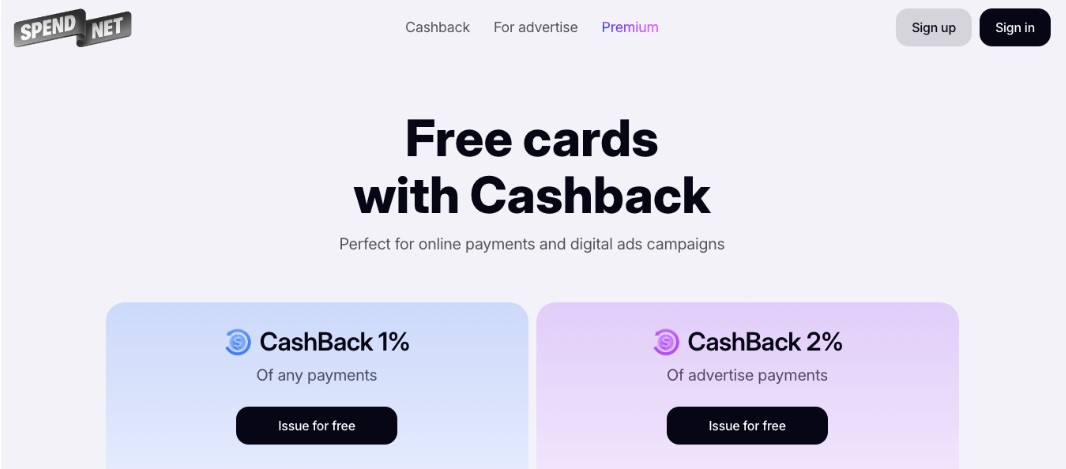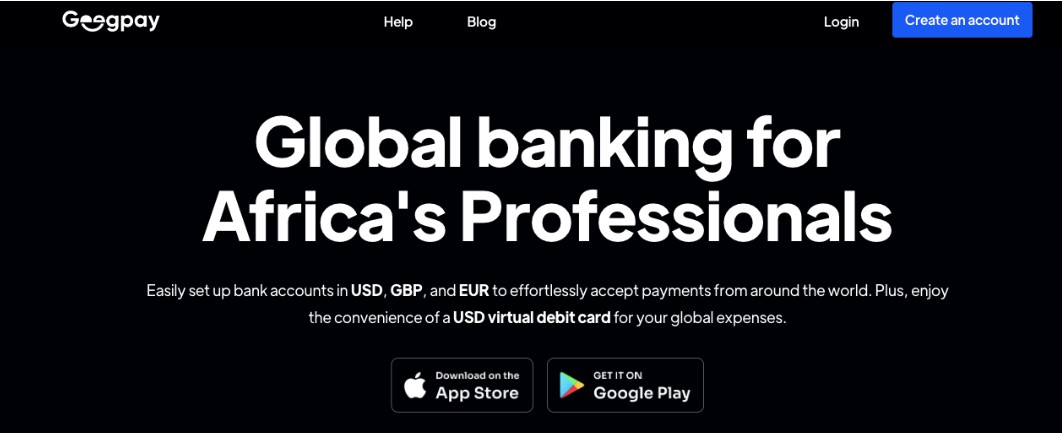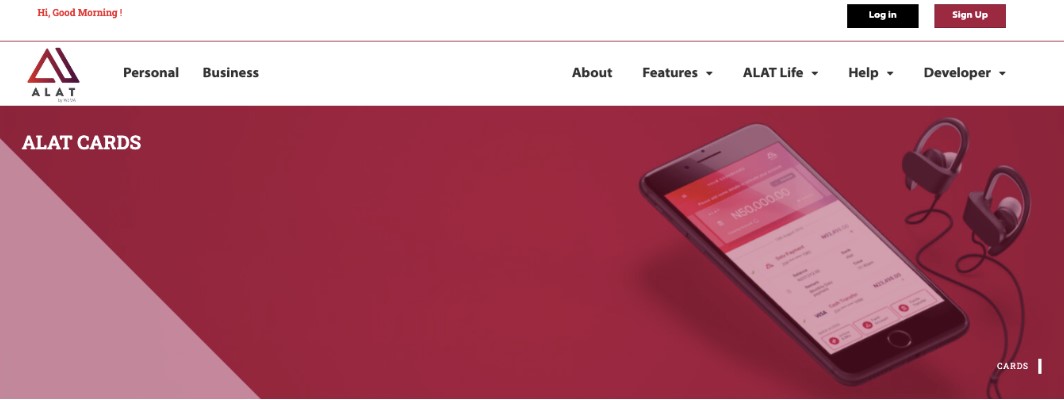Cash payments in Africa remain the primary payment method. However, interest in digital financial instruments is growing. People on the continent use mobile internet daily, which is driving the development of e-commerce and increasing the number of cross-border transactions. More purchases are being made online — apps, digital services, clothing, and appliances are all in demand.
Due to restrictions imposed by foreign services, virtual cards are often more suitable than those issued by African banks. They come with modern security technologies and can be issued entirely online. All that’s needed is an ID card and a mobile phone.
Residents of Africa can choose between virtual cards from three types of providers: international financial platforms, African startups, and local banks. The best option depends on the user’s needs. If payments for international services in dollars are required, a virtual dollar card helps save on currency conversion. If the goal is to pay for local services while topping up the card in dollars, a startup’s solution is often the most convenient. And if you need to pay rent and phone bills while replenishing your card in cash, a card from an African bank is the logical choice.
Let’s analyze this with examples of three financial services: Spend, GeegPay, and Alat.
-
 International Service: SPENDNET
International Service: SPENDNET
SPENDNET is an international payment platform offering virtual cards that support dollar payments through Visa and Mastercard. All cards are free.
A key advantage is the ability to earn cashback while spending. Every transaction receives an automatic 1% cashback. Another unique feature is the customizable deposit fee, which allows users to choose their own percentage when adding funds. The average deposit fee is 2%, and there are no additional charges — transactions, withdrawals, and exchanges are all free.
The SPENDNET also provides 3D Secure protection, a common banking technology that requires a one-time SMS code for online purchases. This ensures that only the cardholder can authorize payments.
How to get a card and add funds:
- Registration: Google account or email authentication
- Funding options: USDT and BTC deposits
- Card issuance limit: No restrictions; unlimited cards can be created
- Verification: Typically completed within one hour
- Customer support: 24/7 live chat on the website
-
 African startup: GeegPay
African startup: GeegPay
GeegPay was created for Africans working with international clients who receive payments in dollars, but its virtual cards are suitable for anyone needing USD transactions. Based on Visa, these debit cards include 3D Secure protection.
A key feature is support for local currencies, such as the Nigerian naira, allowing payments without conversion fees. Users can exchange naira for dollars within their personal accounts and transfer funds to other GeegPay users in various currencies. However, all transactions incur fees — each payment costs $0,50, and the replenishment fee starts at 2%. The service is accessible via a mobile app, offering full control over transactions.
How to get a card and add funds:
- Registration: Through the mobile app
- Funding options: Other Visa cards, supported by select local banks
- Card limits: Varies by tariff
- Verification: Takes up to three hours; requires a photo ID and a live selfie
- Customer support: Available 24/7 in the app chat
-
 Local bank: Alat Card by Wema Bank
Local bank: Alat Card by Wema Bank
Wema Bank, a fully licensed Nigerian bank, offers the Alat virtual card, available in Classic, Gold, and Platinum versions. While designed for international transactions and online payments, it also retains traditional card features. The cards operate on Visa’s network and include 3D Secure protection.
The card’s primary currency is the Nigerian naira, with dollar conversions processed at the bank’s exchange rate. To enable international payments, users must activate this feature online. For domestic transactions, the card functions like any other local bank card. However, it cannot be used at ATMs, POS terminals, or on websites requiring 3D Secure authentication.
How to get a card and add funds:
- Registration: Via mobile phone; requires obtaining a USSD code and following instructions
- Funding options: Cash deposits at Wema Bank branches or transfers from other local banks
- Transaction limits: Maximum of 1,000,000 NGN ($860) per transaction and 5,000,000 NGN ($4,300) per day
- Verification: Takes up to 24 hours; requires personal information and an ID or passport
- Customer support: Available during bank hours via phone or at physical branches
Conclusion: the future of virtual cards in Africa
Africa’s digital payments market is undergoing rapid expansion. By 2030, the global virtual card market is expected to reach $65 billion, with the Middle East and Africa contributing $1.71 billion, growing at an average annual rate (CAGR) of 20.8% from 2025 to 2030, according to a report by Horizon.
This surge is driven by evolving consumer habits, regulatory improvements, and businesses’ push for digitalization. Africa is at a turning point, with traditional financial institutions and emerging fintech startups competing for market dominance, potentially generating $40 billion in revenue by 2025.
Which players will emerge as leaders? Local banks, international platforms, and fintech startups are all striving to capture user demand by offering increasingly accessible and secure financial solutions. The ultimate winner will be the one that best understands African users’ needs and delivers a simple, reliable, and cost-effective money management experience.
In the coming years, the industry will take shape, defining the next generation of digital finance in Africa.



